
There’s nothing quite like the thrill of a new car, but before you get carried away, it’s time for a reality check. Is your wallet prepared for the financial journey ahead? From purchase price to ongoing expenses, let’s evaluate everything you need to know to make sure your finances can handle that new set of wheels.
Assess Your Financial Health

You must check your monetary health before committing to any significant purchase. A solid emergency fund and low debt indicate you might be set for a new car. Ensuring that your solid economic foundation helps you handle the ongoing costs of car ownership without overstretching your budget.
Evaluate Income Stability

The stability of your earnings plays a critical role in determining if you’re prepared to take on a car payment. A steady job and reliable earnings mean you’re more likely to manage car disbursements comfortably. If your income fluctuates or if you’re living paycheck to paycheck, consider whether now is the right time to add another significant expense.
Use the 20/3/8 Rule

A simple way to assess your financial readiness for a car is by applying the 20/3/8 rule. This guideline suggests putting 20% down, paying off the car within three years, and keeping payments under 8% of your gross income. Sticking to these numbers can help ensure that purchasing a new car won’t strain your finances.
Consider Monthly Payments Carefully

Your ability to comfortably manage monthly installments is critical to monetary readiness. Keeping car installments under 15% of your take-home pay allows flexibility with other expenses. If fitting the payment into your budget feels like a stretch, it might be wise to reassess your finances before committing to a new vehicle.
Save for the Down Payment
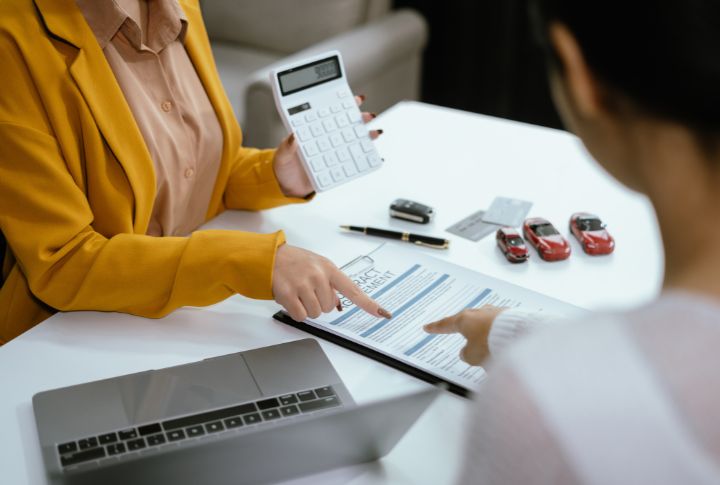
A healthy down payment fund is a sign that you’re financially on the right track. Strive to save 10% to 20% of the car’s price as an initial down payment. It will reduce your monthly payments and overall interest and help you maintain economic stability after purchasing the car. Until you have more money saved, consider waiting to achieve this goal.
Account for Additional Costs
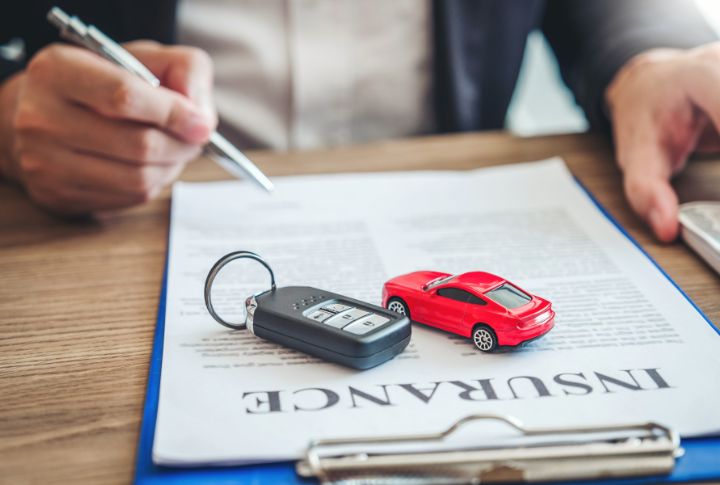
The actual cost of owning a car goes far beyond the sticker price. Planning for ongoing expenses like insurance, maintenance, fuel, and registration fees is critical to maintaining financial security. These ongoing expenditures can accumulate rapidly, so incorporating them into your budget is essential to avoid any unexpected financial strain.
Manage Your Debt Levels

Debt management plays a key role when contemplating buying a new car. A significant amount of existing debt can make it challenging to handle car payments. Focus on reducing your debt before taking on a car loan. It will free up more income and improve your credit score, potentially leading to more viable financing options.
Explore Financing Options
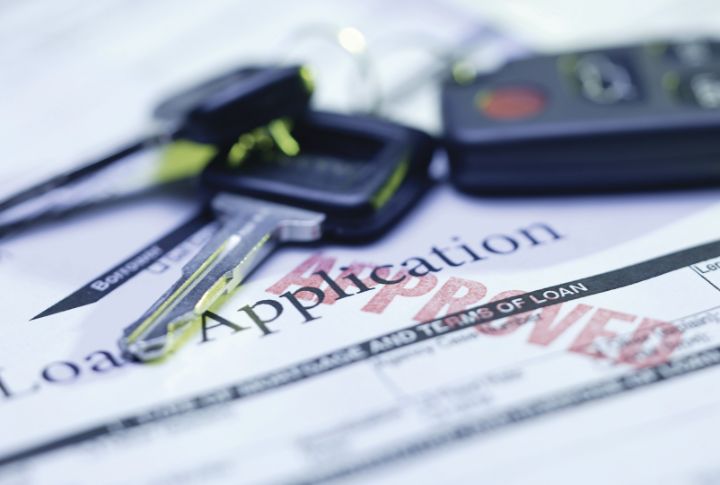
Understanding your financing choices is vital to ensuring a smooth car-buying process. Researching loan options before visiting dealerships provides a better understanding of what fits within your budget. Securing pre-approval from a lender can provide confidence and clarity as you move forward with the purchase.
Review Your Credit Score
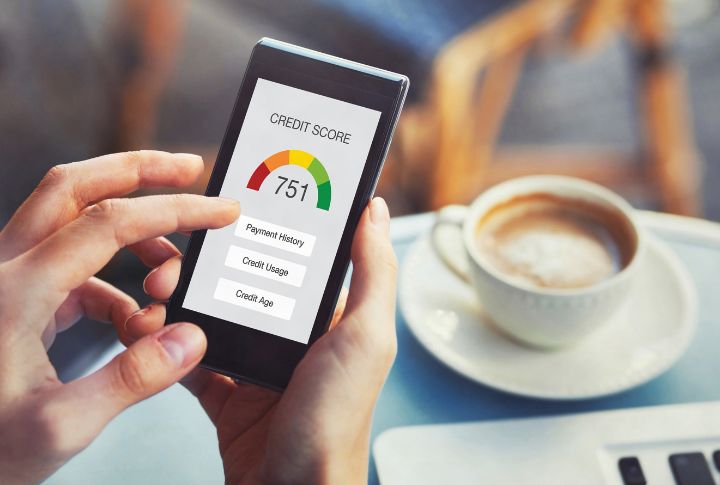
A strong credit score can significantly affect the cost of your car loan. Higher scores generally qualify for better interest rates, potentially reducing loan charges. Incase your credit needs improvement, it might be worth delaying your purchase until you can secure a favorable rate that guarantees a more affordable car payment.
Prepare for Unexpected Expenditures
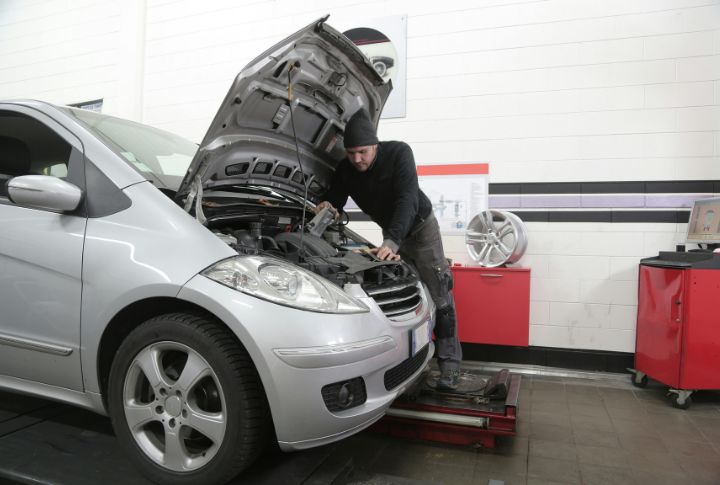
No matter how well you plan, there’s always the possibility of unanticipated costs when owning a car. Whether it’s a sudden repair or a spike in fuel prices, being financially prepared for these surprises is essential. Allocating extra funds in your spending plan for these contingencies can help ensure that car ownership remains manageable.

Comments
Loading…